Introduction

Cosina is still making new manual focus lenses for the Nikon F-mount and currently the widest option in the line up is this Voigtländer 28mm 2.8 SL IIs Color-Skopar. It may not be as small as the M-mount version I already reviewed, but for an SLR lens it can still be considered very compact and it offers a great close focus option, so let’s have a closer look at it.
Sample Images

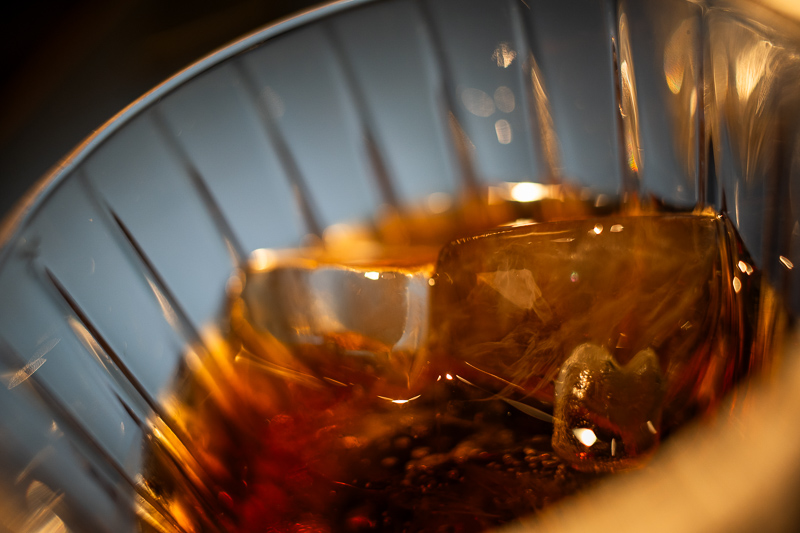

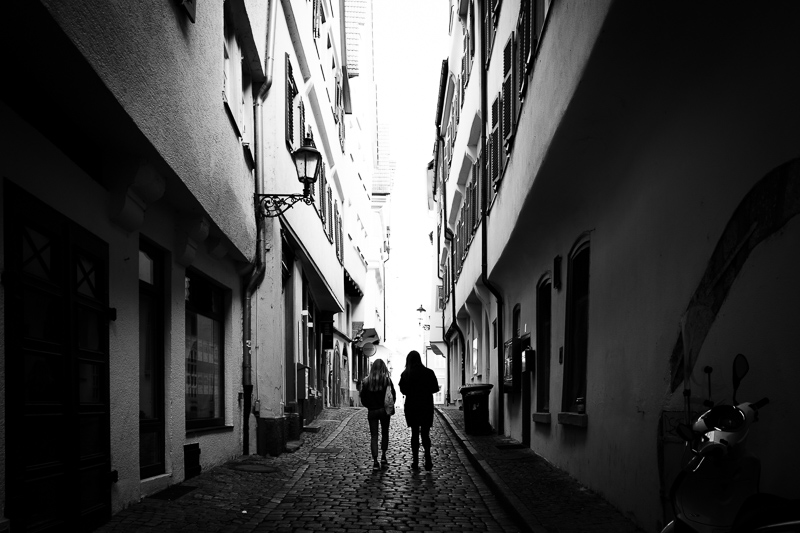
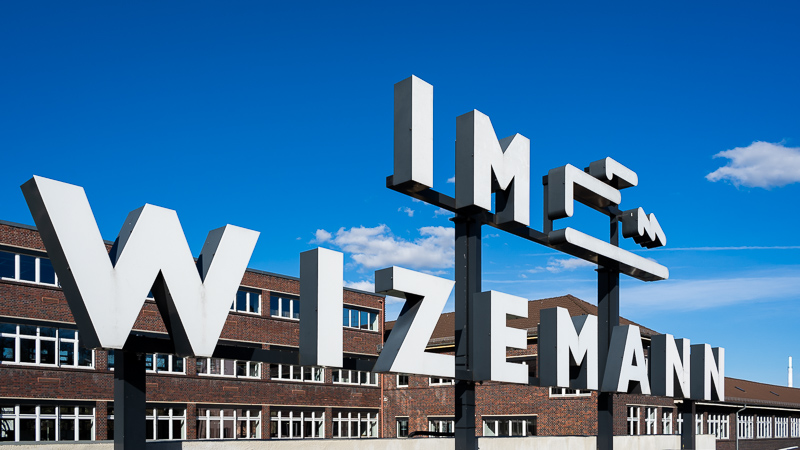
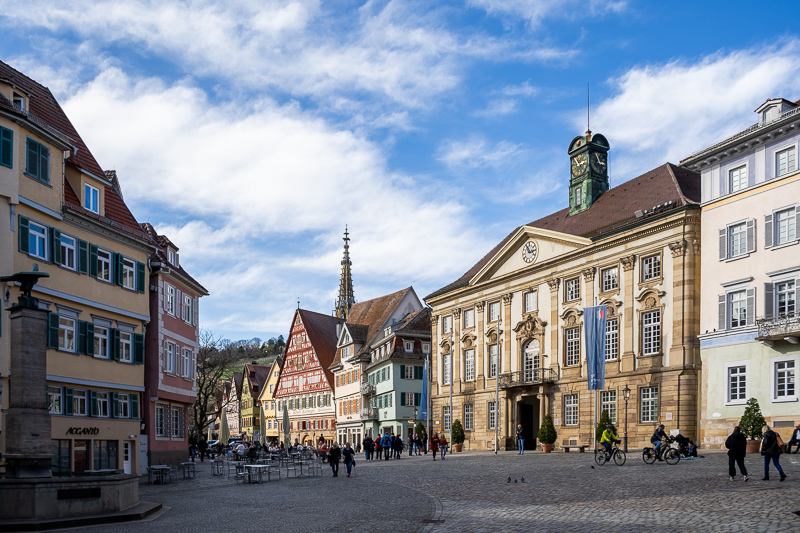
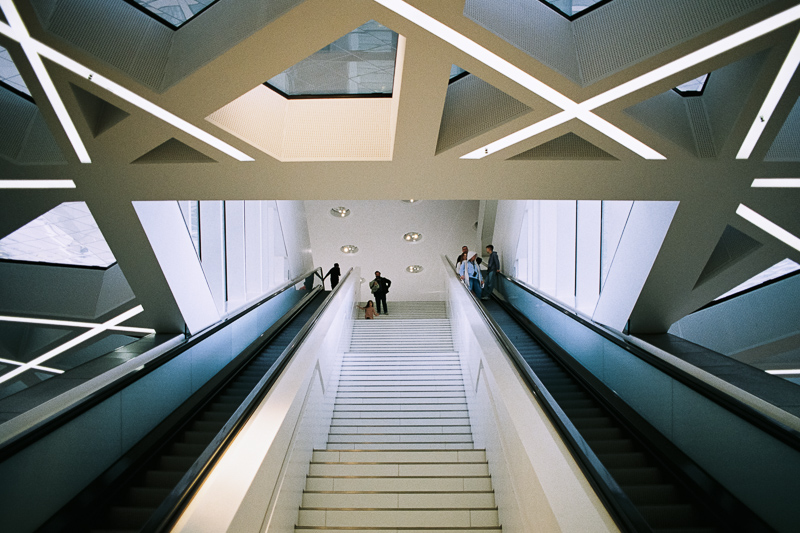

Most of the sample images in this review can be found in full resolution here.
Contents
Specifications/Version History
I already reviewed the Voigtländer VM 28mm 2.8 Color-Skopar for M-mount but today we are looking at Cosina’s 28mm lenses for SLR mounts. There have been two different versions of this lens:
- Voigtlander 28mm 2.8 SL II N Color-Skopar
180g/230g (F/EF), black, MFD 0.22 m, Nikon-F/Canon-EF, 2012-2016 - Voigtlander 28mm 2.8 SL IIs Color-Skopar
205g, black/black with silver front ring, MFD 0.15 m, Nikon-F, 2021-
There are a few interesting things to point out here. The first version of this lens was released in 2012 for Nikon F and Canon EF and it is smaller than the newer version introduced in 2021. The new version makes use of the same optical design, but the mechanical design has changed, as you can now focus closer. There is also no EF version anymore. This is a review of the latest version introduced in 2021, it has the following specifications:
-
- Diameter: 66 mm
- Field of view: 74.8° (diagonally)
- Length: 33 mm
- Weight: 203g (without hood and caps)
- Filter Diameter: 52 mm
- Number of Aperture Blades: 9 (rounded)
- Elements/Groups: 7/6
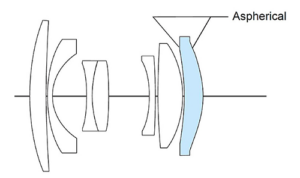
- Close Focusing Distance: 0.15 m
- Maximum Magnification: 1:2.4 (measured)
- Mount: Nikon-F
buy from amazon.com | amazon.de | ebay.com | ebay.de | B&H (affiliate links) for $549
Handling / Build Quality

The design of the Voigtländer SL lenses has undergone several changes over the years. In 2017 Cosina updated the design of the whole line up and it closely resembles that of old Nikon lenses now. They have a sprocket on the aperture ring, colorful markings and all but the 55mm 1.2 also feature a silver ring with DoF markings.
The casing feels like it is an all metal design, all the writings are engraved and filled with paint.
The focus ring has a nice and even but slightly soft resistance. It has a long focus throw as it takes 270° from the minimum focus distance of 0.15 m to infinity and it turns “the Nikon way”. The spacing is as follows: 90° from infinity to 0.28 m, another 90° to 0.18 m and then another 90° to 0.15 m. As the depth of field is really shallow at these short distances it makes a lot of sense to have this long throw here (Thypoch, you hear me?).
The aperture ring is pretty much the same as on Nikon’s lenses: equidistantly spaced full-stop click stops and located close to the camera body.

Cosina separately sells a screw-in hood for this lens which is called LH-28IIs and at $59 I think its price is outrageously high. Luckily you don’t really need it as the flare resistance is great anyway and the front element already recessed.

The lens does feature electronic contacts to communicate with the modern Nikon cameras.
Vignetting
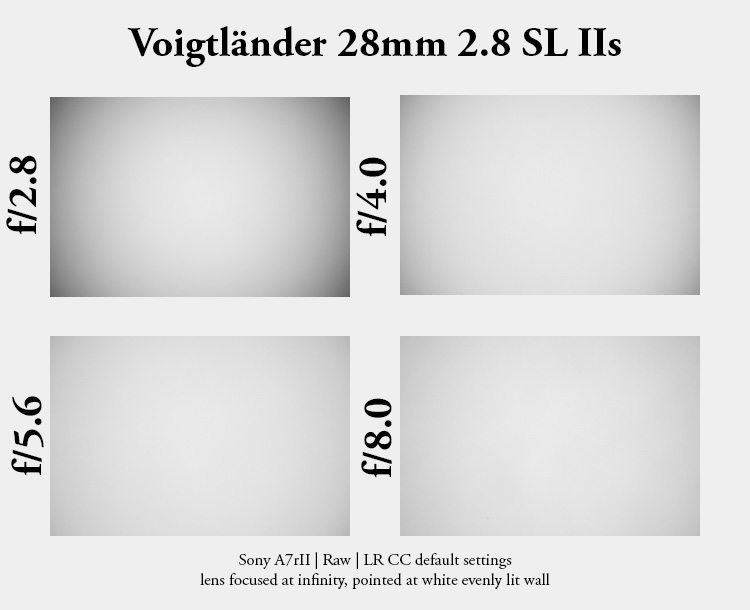
| f/2.8 | 2.7 EV |
| f/4.0 | 1.9 EV |
| f/5.6 | 1.4 EV |
| f/8.0 - f/22 | 1.2 EV |
The M-mount version of this lens showed very high vignetting figures. Being designed for a much longer flange focal distance I expected this F-mount version to perform better and that is indeed the case. At any given aperture this lens shows almost 1 EV less corner shading.

It is recommended to have a look at this article first to get an idea how this brightness graph works.
Sharpness
Focus shift
25% crops, A7rII
At its minimum focus distance this lens is able to create very shallow depth of field, therefore it makes sense to check for focus shift. Luckily there is nothing to worry about here.
infinity (42mp Sony A7rII)
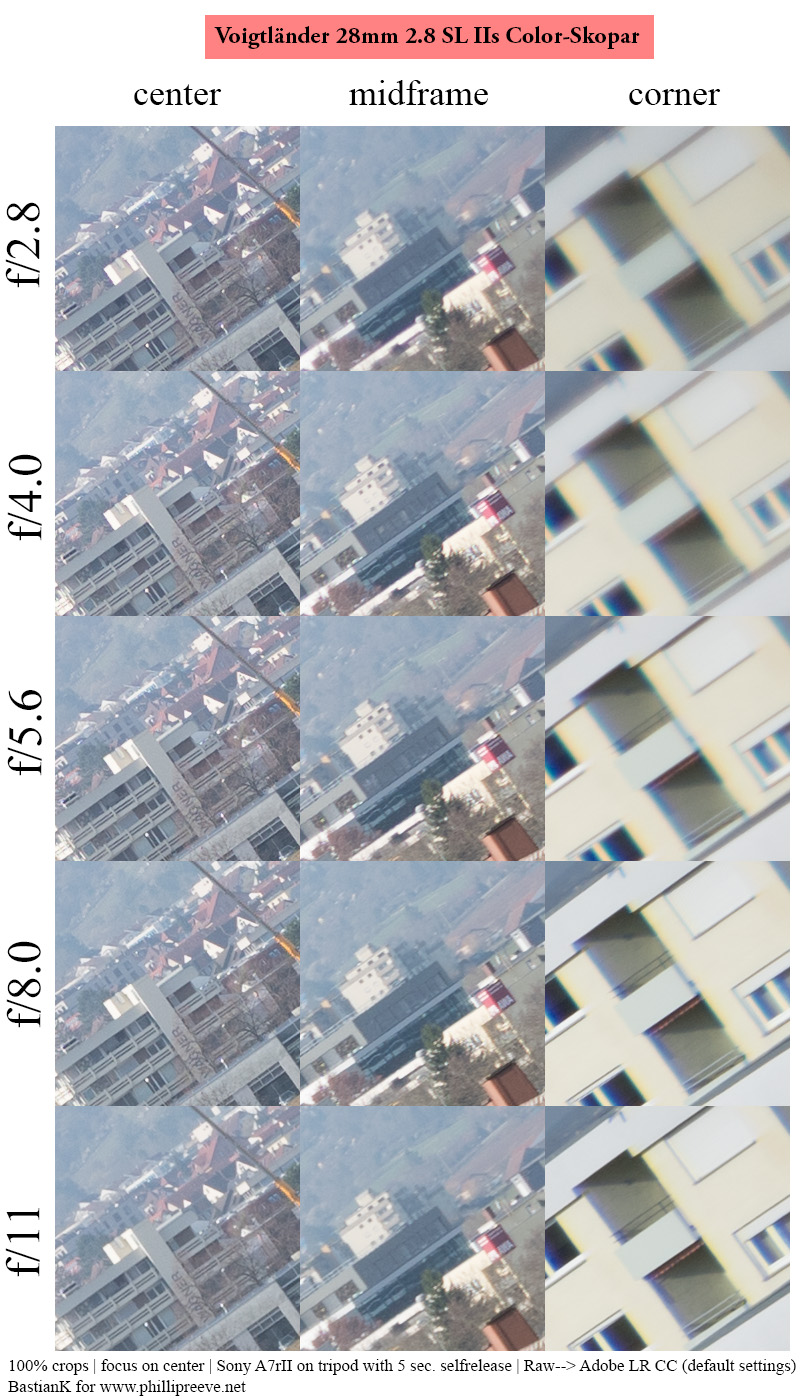
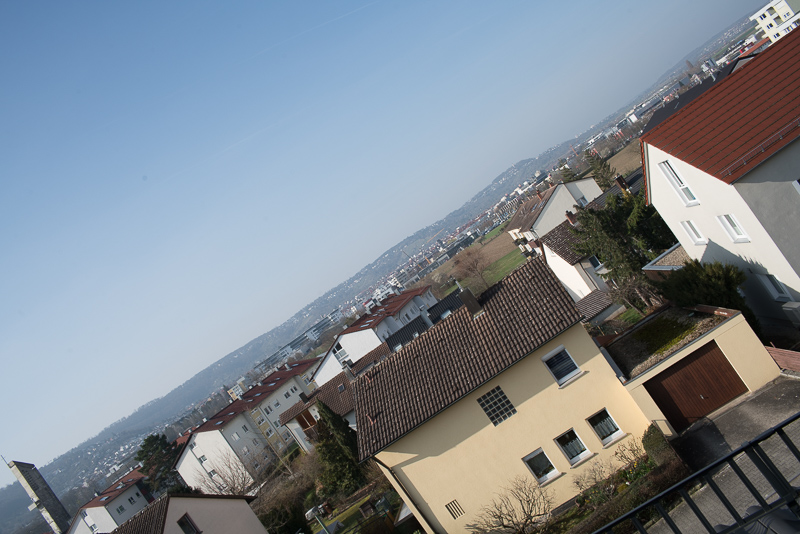
The M-mount version did really well on the Leica M as well as on film, but didn’t look particularly great on a camera with a thicker sensor stack. As This Voigtländer 28mm 2.8 SL IIs had been designed for a longer flange focal distance, I expected it to not have as many issues on a Sony or any other mirrorless camera.
The center looks very good from f/2.8. The midframe shows a small dip in resolution and does benefit from stopping down one or two stops. The corners really need stopping down to f/11 and they still don’t look perfect.
For a compact lens – and this is probably the most compact 28mm 2.8 ever made for F-mount – this is a reasonably good performance. But at the end of the day also not that different from using the M-mount version on a stock Sony-E/Nikon-Z camera.
portrait 0.9 m (42mp Sony A7rII)
For portraiture it isn’t so important how flat the field is, it is more interesting to see what the sharpness is like when focused at different parts of the frame to take field curvature out of the equation.
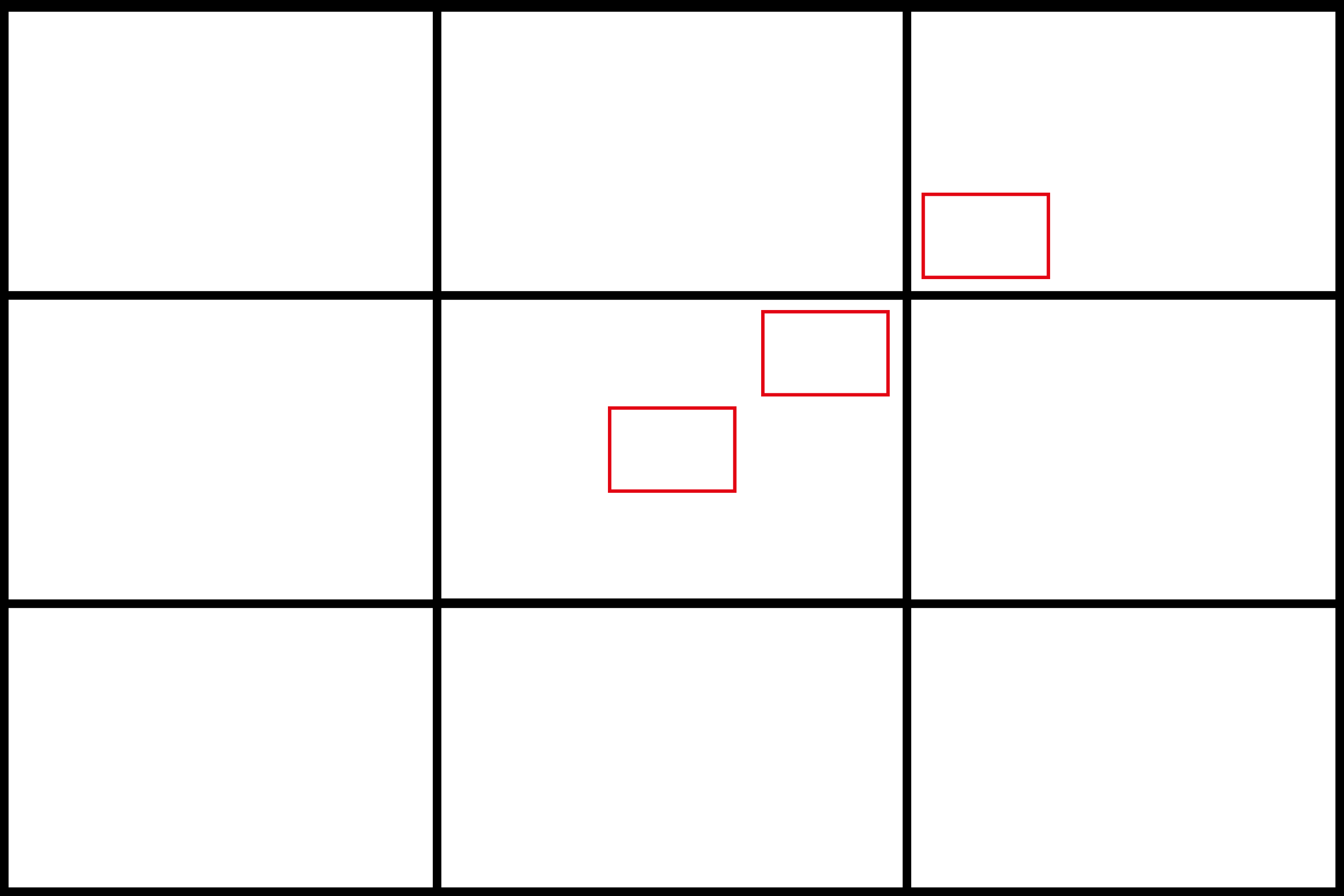
We will be looking at 100% crops from the 42mp Sony A7rII.
f/2.8 <—> f/4.0
At a focus distance of 0.9 m the lens performs extremely well in the center of the frame with lots of moiré. Performance in the inner midframe area is still very good an in the outer midframe also good. Stopping down to f/4.0 improves the performance slightly.
The smaller M-mount version showed a similar performance when used on an E-mount camera.
close 0.15 m (42mp Sony A7rII)
This Voigtländer 28mm 2.8 SL IIs – unlike the M-mount version – focuses really close, one might even call a magnification of 1:2.4 macro territory. I was a bit afraid about the image quality at these distances as we are dealing with a unit focus design, but over most of the frame the performance is really good from f/2.8.
Now there is still some field curvature present and if you want to place your subject close to the border of the frame (or you are trying to take pictures of small flat objects) stopping down a lot is a good idea. But these are not really typical applications for a 28mm lens and in the field, for actual subjects, I found this close focus feature very useful and the performance here exceeded my expectations.
Flare resistance
Many of Cosina’s modern Voigtländer lenses show an exemplary performance in this category, and this 28mm 2.8 SL IIs is one of them.
Trying to fabricate a situation where some kind of artefacts appear the only one I managed to create is the one above. At one specific position of a strong light source outside the frame some veiling flare can appear. The slightest reframing is already enough to get rid of.
This is the kind of performance I like these Voigtländer lenses for.
Coma
Sony A7rII | Voigtländer 28mm 2.8 SL IIs |100% crops from extreme corner, focused on center
With lenses this small there are always some compromises and it seems the coma correction is one of them. We already saw in the sharpness section that stopping down to f/11 is a good idea for best across frame sharpness and I think coma might be one of the main reasons for that. It is very noticeable at f/2.8 to f/4.0 and still not perfectly corrected at f/8.0.
Distortion
This Voigtländer 28mm 2.8 SL IIs shows a slightly wavy distortion. Luckily a correction profile is available in Lightroom/Photoshop which does a very good job at correcting this. I used this profile for some of the architecture pictures in this review.
Bokeh
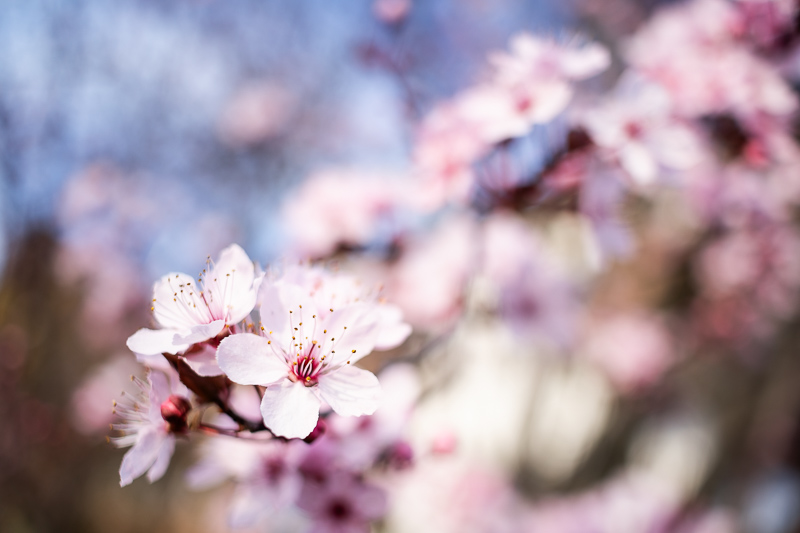
This Voigtländer 28mm 2.8 SL IIs is one of the closest focusing 28mm lenses and offers a maximum magnification of 1:2.4. Despite its – at first sight moderate – maximum aperture of f/2.8 you can create an extremely shallow depth of field in close focus scenarios with this lens.
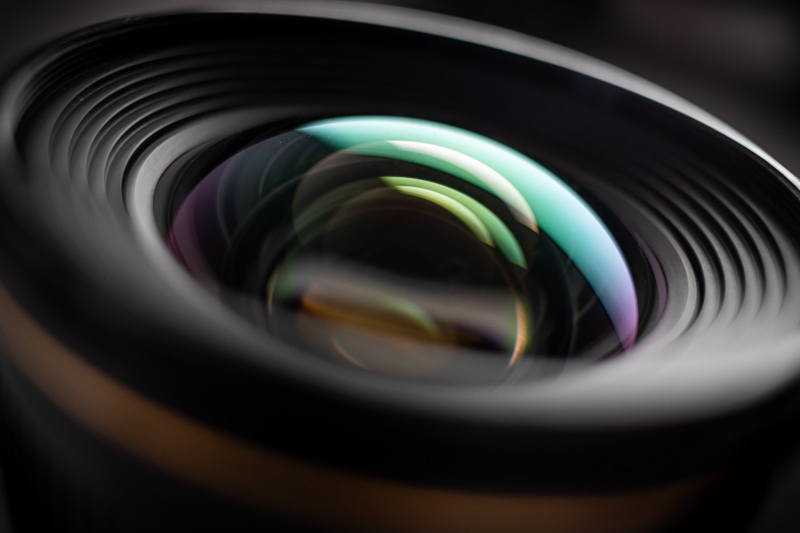
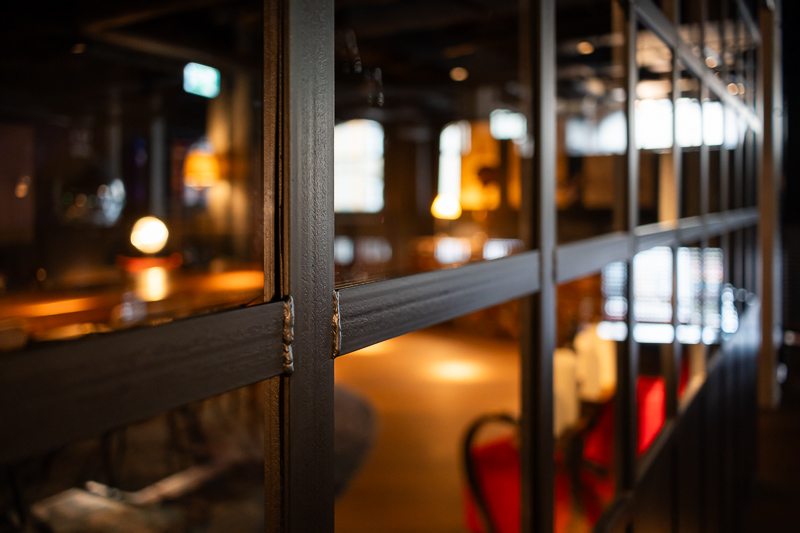
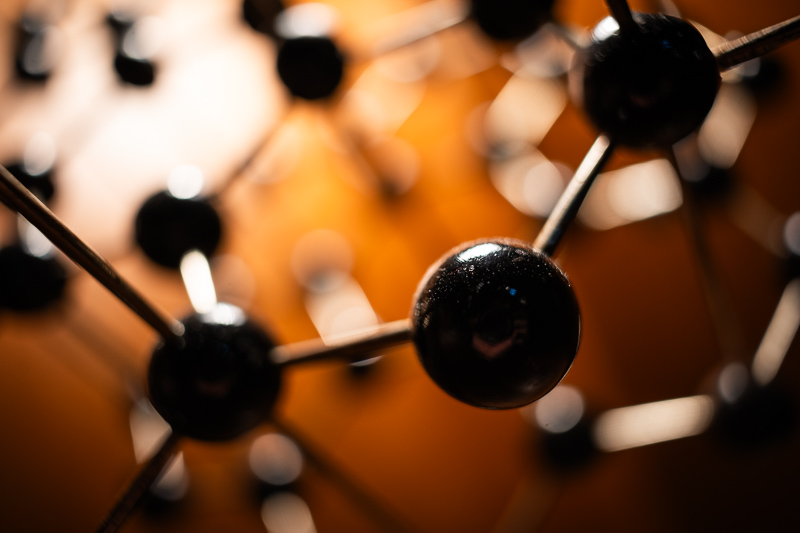
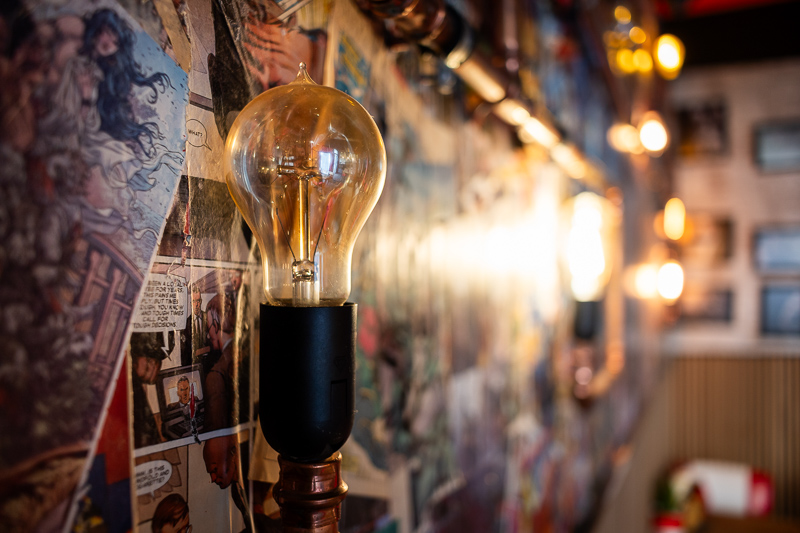
The bokeh quality is also surprisingly nice for a wide angle lens and I did enjoy using this lens for wide angle macros a lot.
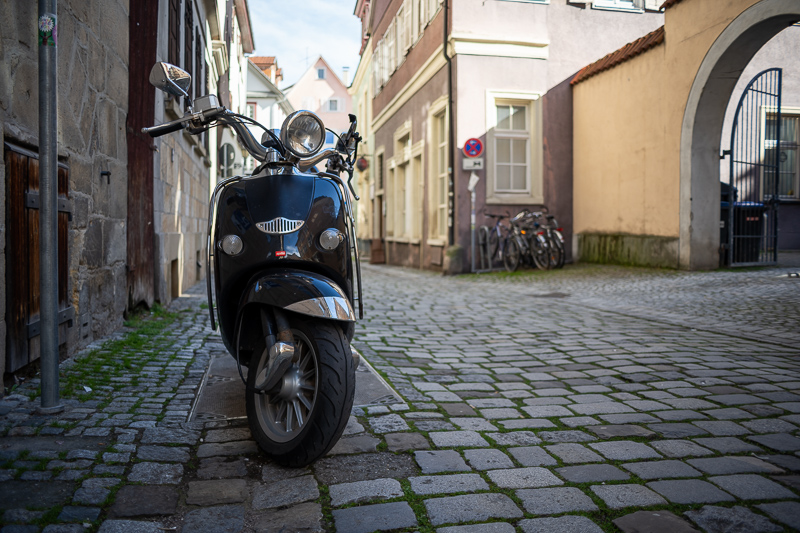
Now obviously at longer focus distances you will not be able to create a lot of bokeh with a 28mm f/2.8 lens.
Sunstars
For most of their Voigtländer M-mount lenses Cosina is using either 10 or 12 straight aperture blades leading to distinct sunstars – even when the lens is only slightly stopped down.
For all their current SL lenses for F-mount they decided to go for 9 rounded aperture blades though. As I have already shown you before this is good news for the bokeh when the lens is slightly stopped down, but it also leads to less distinct suntars. From f/11 to f/22 they still look quite alright to me though thanks to a mostly even length of the rays.
If you want to know more about the sunstar rendering of different lenses have a look at this article.
Chromatic aberration
lateral
Lateral CA are on a medium level and it seems in the corners they also overlap with other aberrations, as after the correction some color aberrations still remain.
longitudinal
Sony A7III | Voigtlander 28mm 2.8 SL IIs Color-Skopar | 100% crops
Bokeh fringing is generally less of an issue with this lens thanks to its parameters. At very short focus distances you may still spot some magenta/green outlining in out of focus areas though.
In extreme scenarios like the one above a bit of purple fringing is visible at f/2.8, but it is mostly gone when stopping down to f/4.0 or further.
Conclusion
good
|
average
|
not good
|
Sometimes you get surprised when you least expect it. Reviewing this lens was one such case. I expected this Voigtländer 28mm 2.8 SL IIs Color-Skopar to merely be a compact wide angle lens for stopped down landscape/architecture shooting. Now probably this is its main appeal to most buyers, but there is more: this is one of the few wide angle lenses offering a magnification that brings you close to macro territory.
Actually, I have been looking for a wide angle macro for a long time, but all the alternatives I was aware of had one flaw too many. What I care about for this application: good sharpness at close distances, nice bokeh, a pleasant to use focus ring with a long throw, rounded aperture blades and good flare resistance. This Voigtländer 28mm 2.8 SL IIs has all of that.
buy from amazon.com | amazon.de | ebay.com | ebay.de | B&H (affiliate links) for $549
Alternatives
A good starting point is our Guide to 20-28mm Wide Angle Lenses for Sony E-mount as it covers a lot of modern and vintage 28mm lenses.
Generally for E-mount and Z-mount users lenses like the Sony FE 28mm 2.0 and Viltrox 28mm 1.8 AF are probably better choices. They offer auto focus, they are faster, they don’t need an adapter and are usually cheaper. I am sure many of you also have this focal length already covered in a wide angle or standard zoom.
None of these lenses offers a magnification even nearly as high as 1:2.4 though.
Sample Images
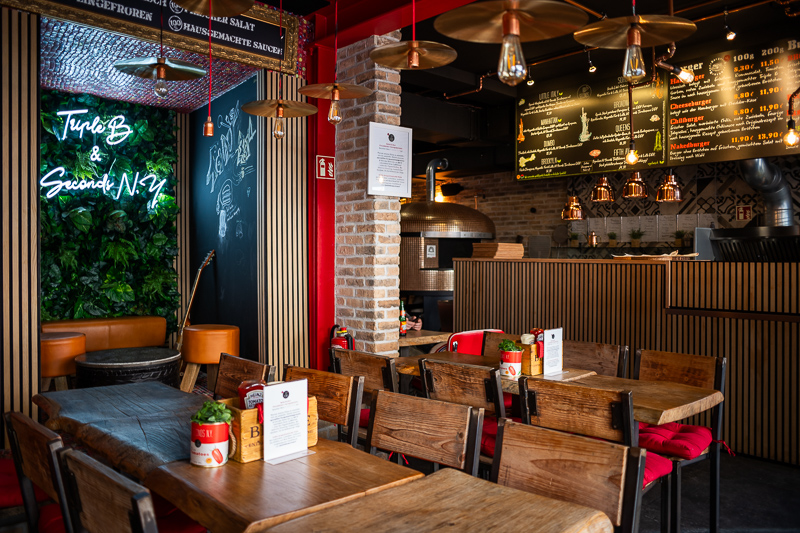
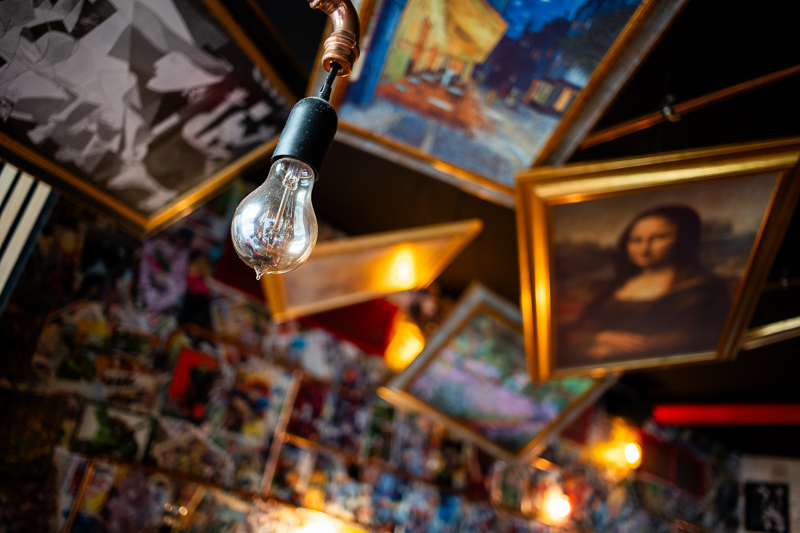
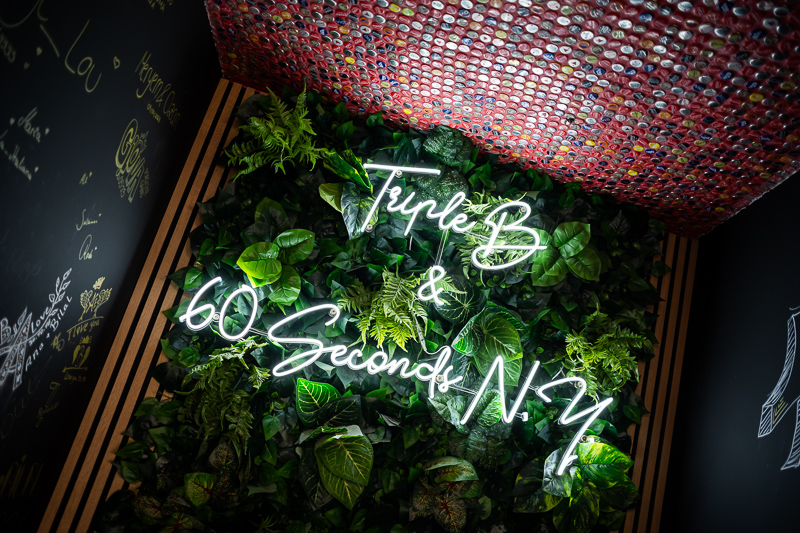
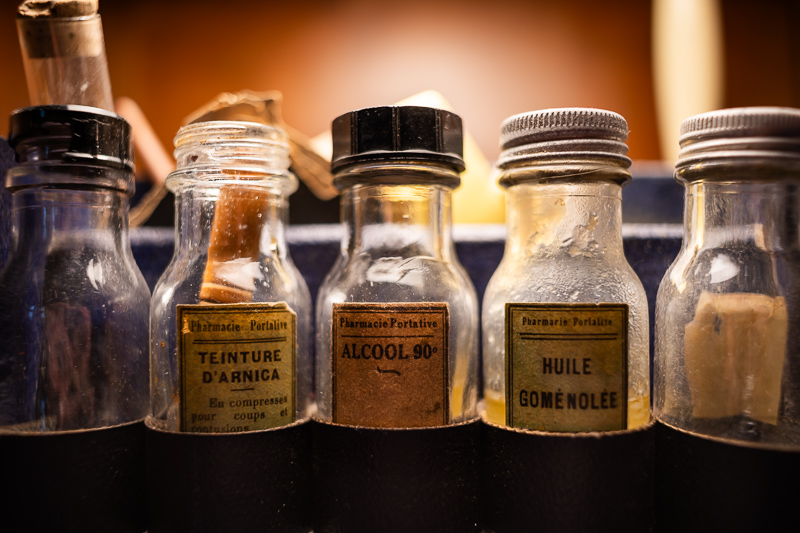
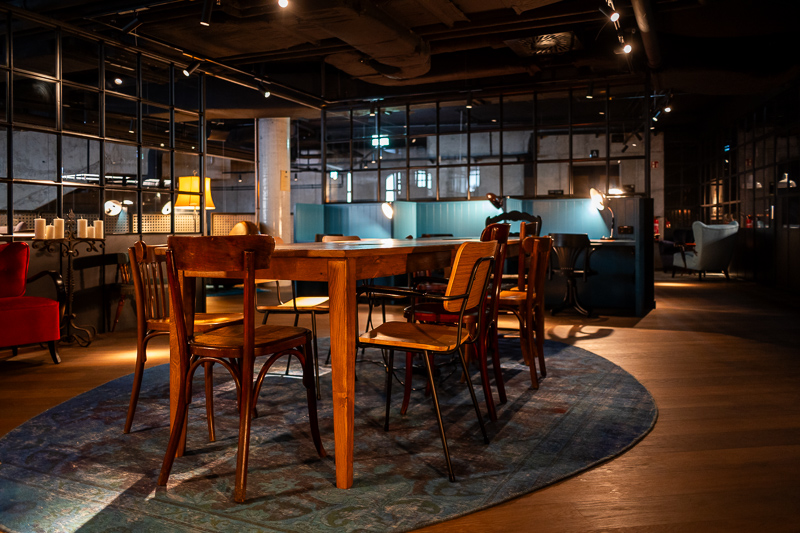
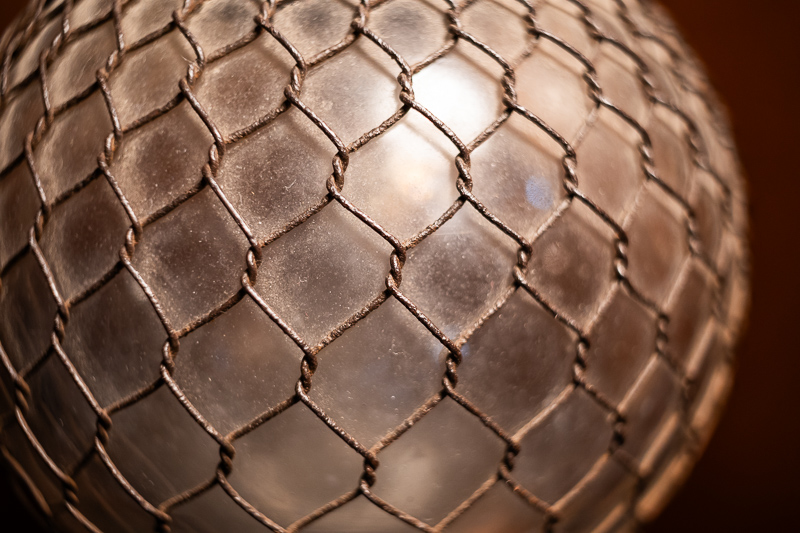
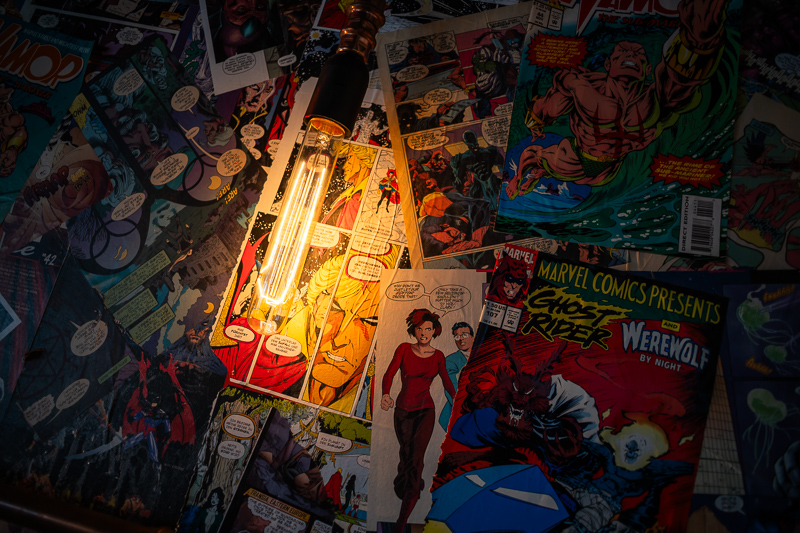
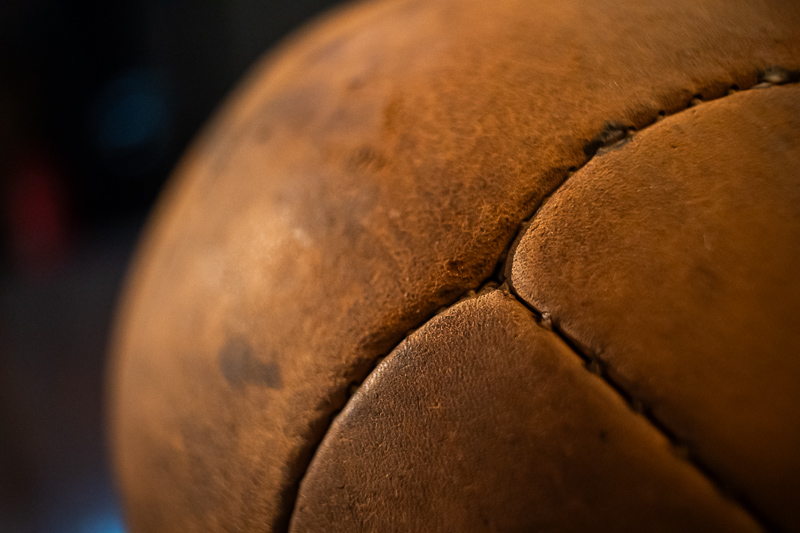
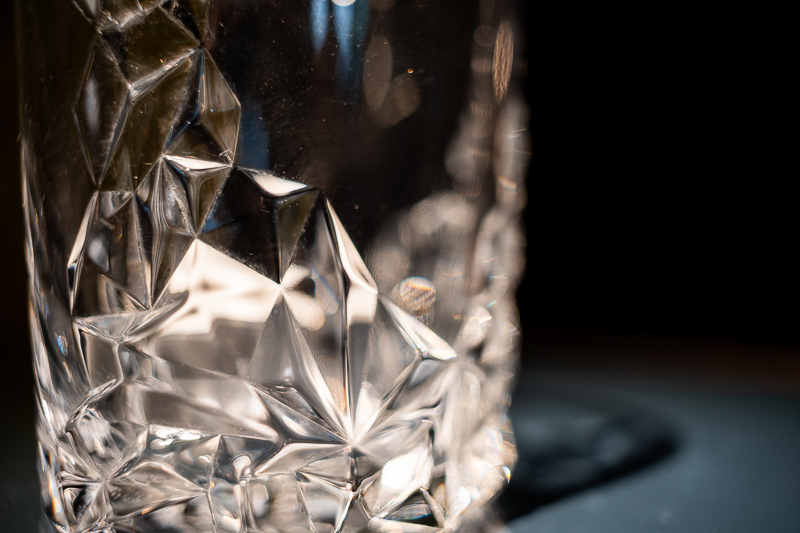
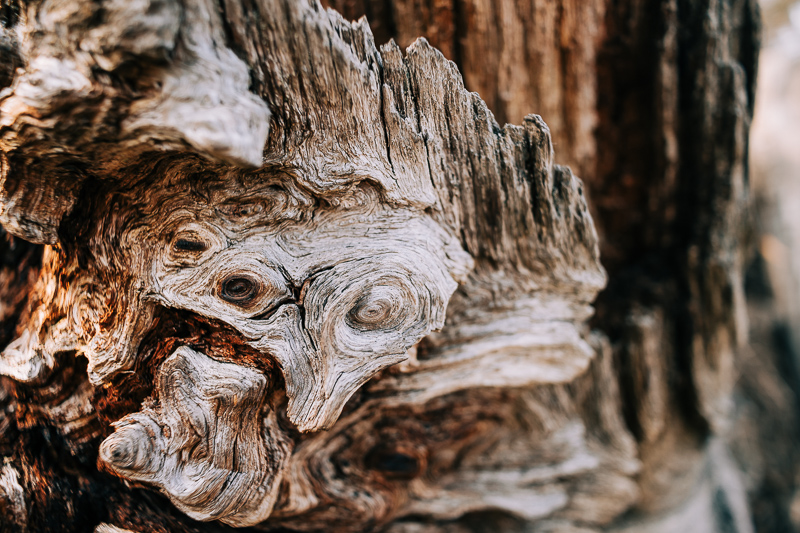
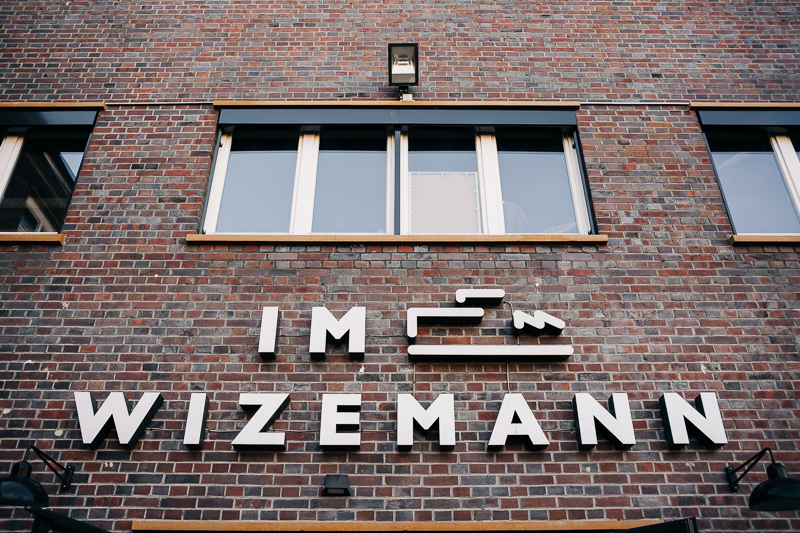
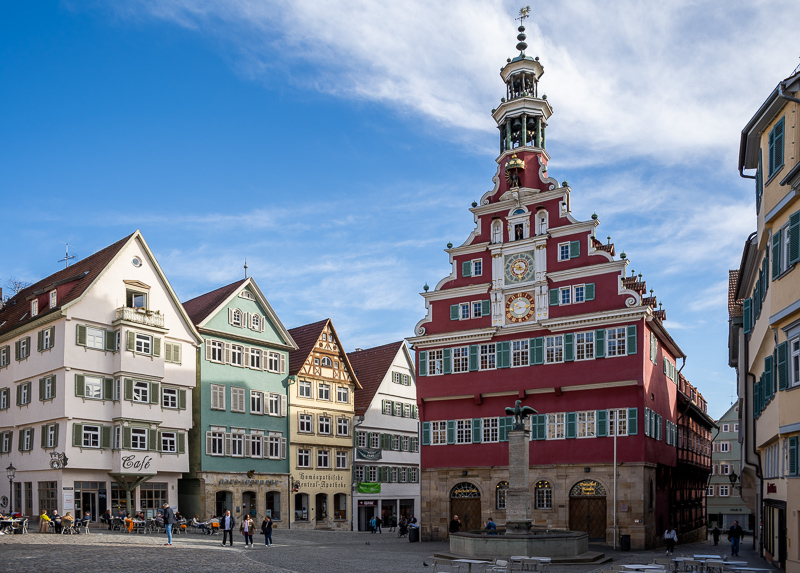
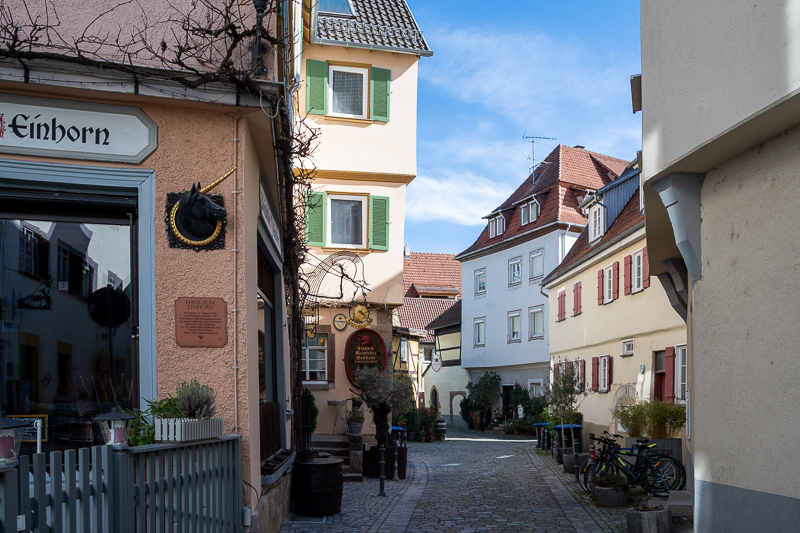
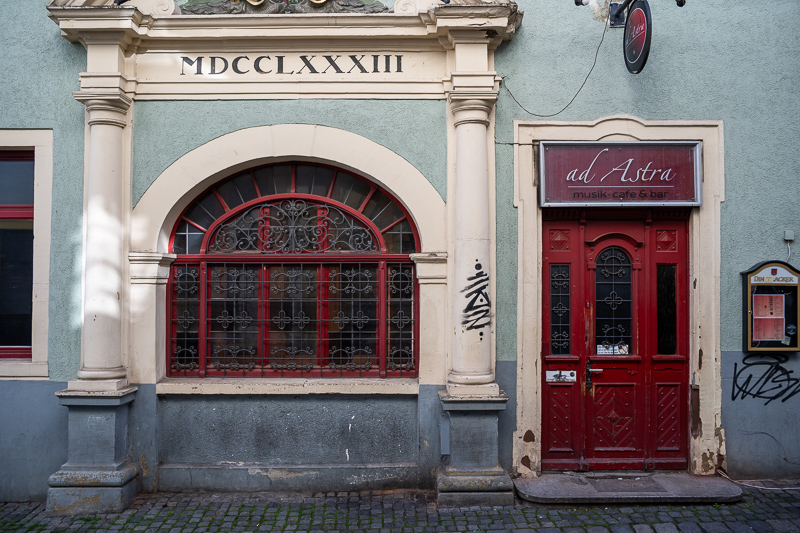
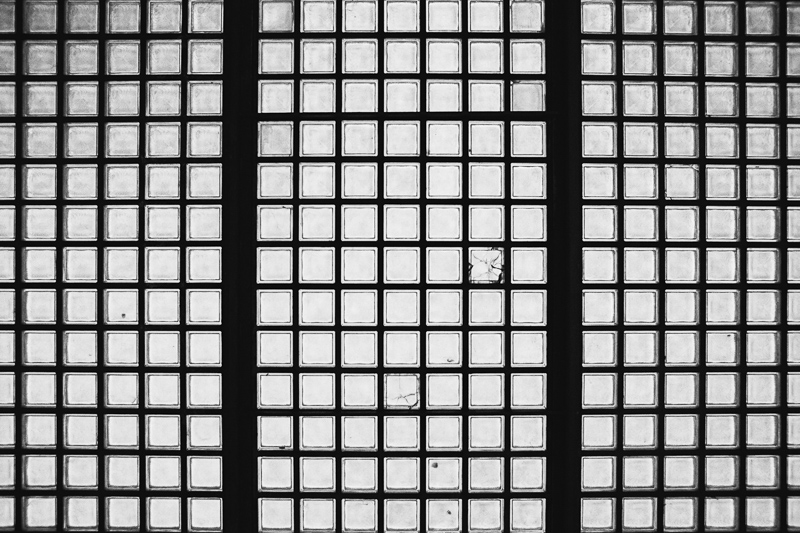
Most of the sample images in this review can be found in full resolution here.
Further Reading
- All Nikon Lens Reviews
- Technical Knowledge
- Analogue Adventures
- Review: Laowa 28mm 1.2 Argus
- Comparison: Fast 28mm Fullframe Lenses
Support Us
Did you find this article useful or just liked reading it? Treat us to a coffee!
![]()
![]()
![]() via Paypal
via Paypal
This site contains affiliate links. If you make a purchase using any of the links marked as affiliate links, I may receive a small commission at no additional cost to you. This helps support the creation of future content.
Latest posts by BastianK (see all)
- Review: Nikon AF-S 14-24mm 2.8G – Way ahead of its time - February 11, 2026
- Analogue Adventures – Part 49: Fujifilm Neopan Acros 100 II - February 4, 2026
- Review: Omnar 50mm 2.0 Bertele FLB - January 27, 2026
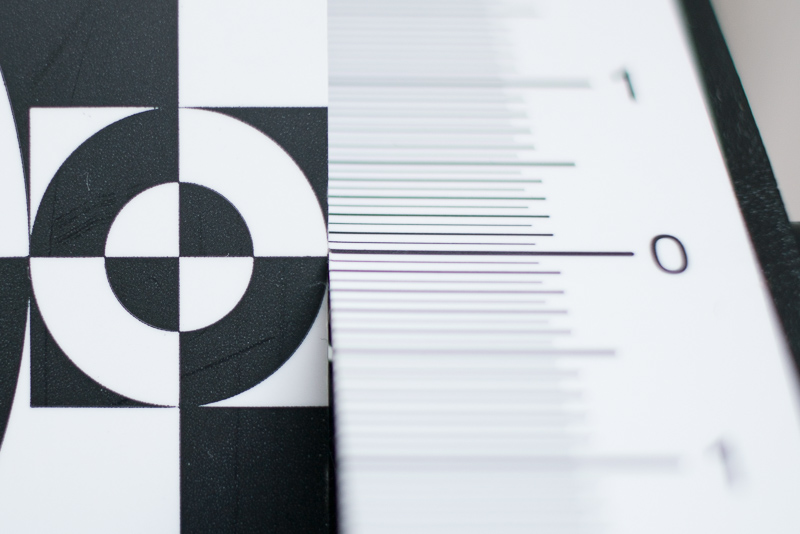
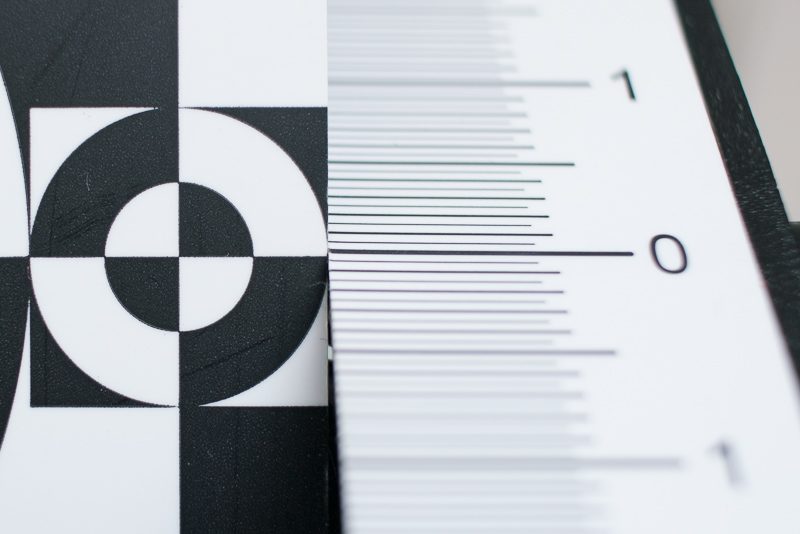
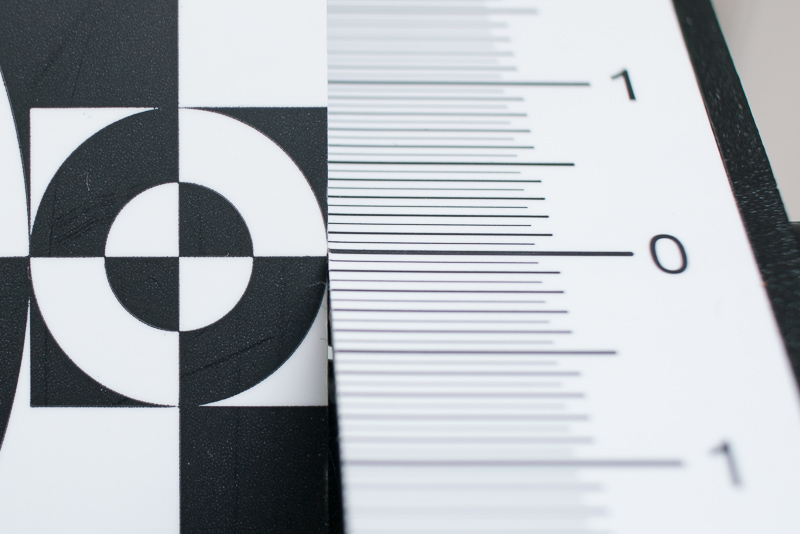
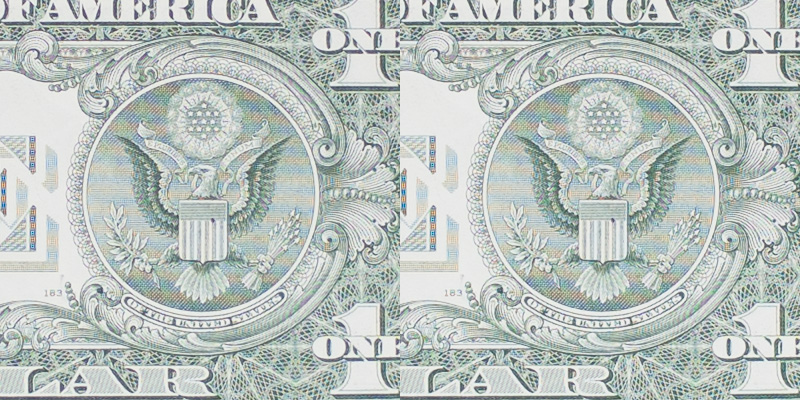
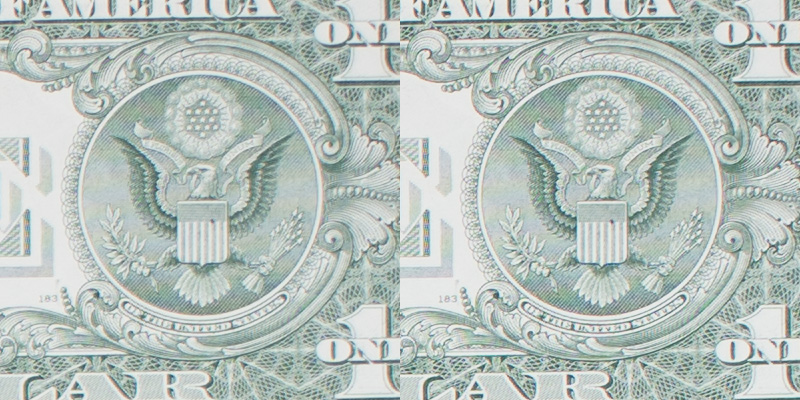
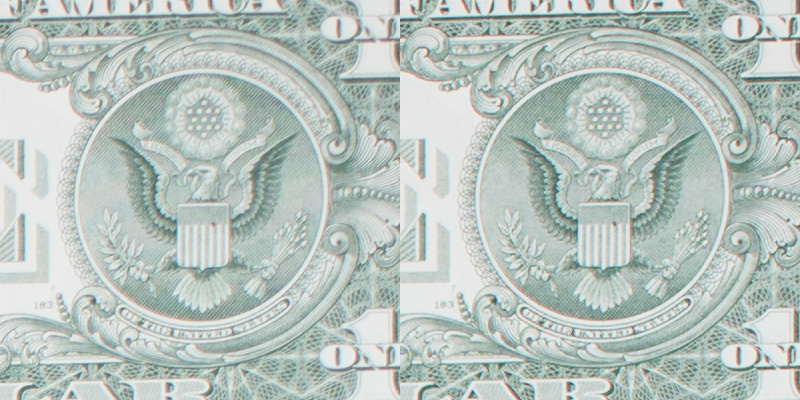
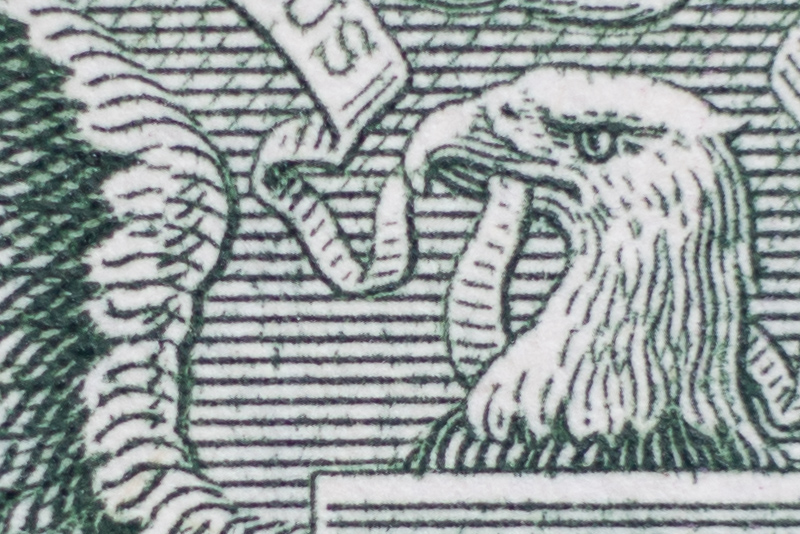
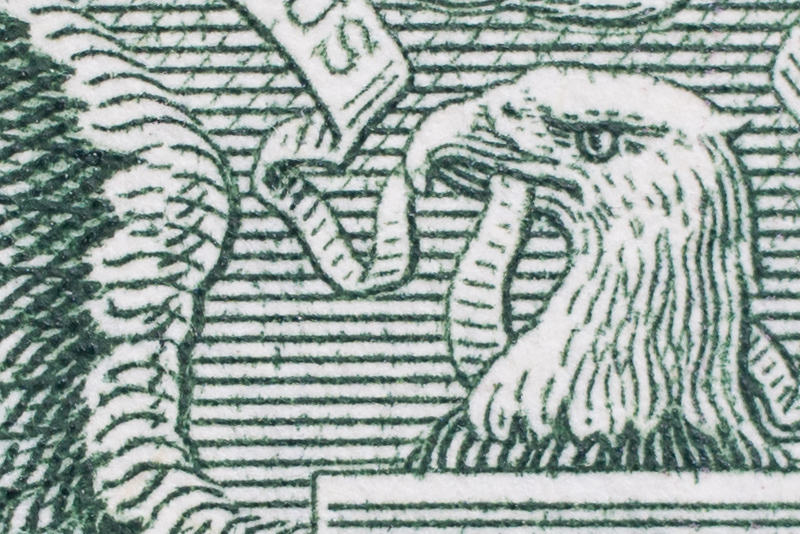
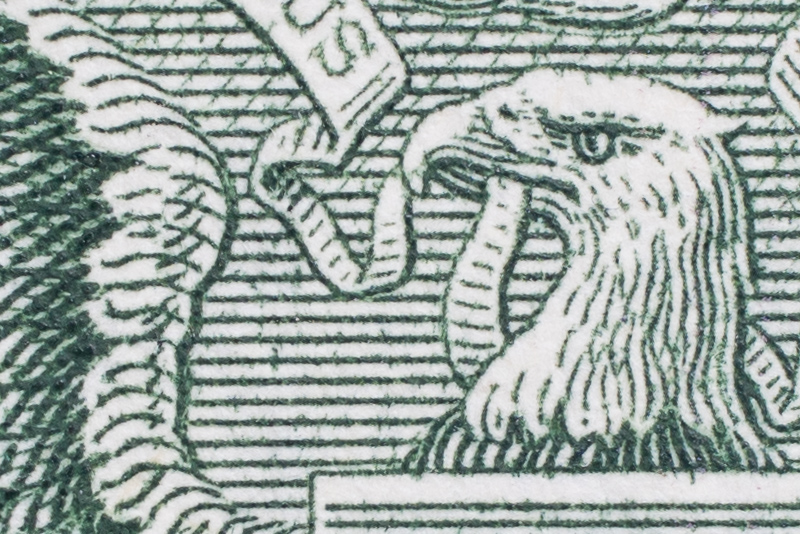
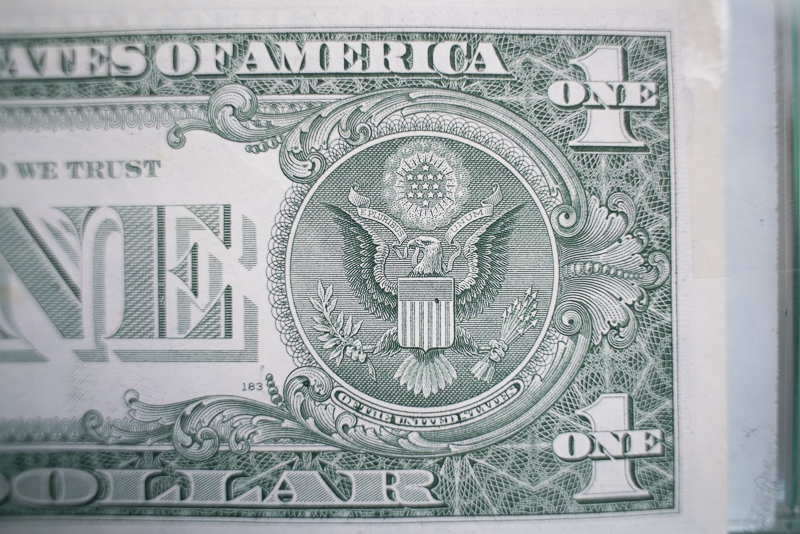
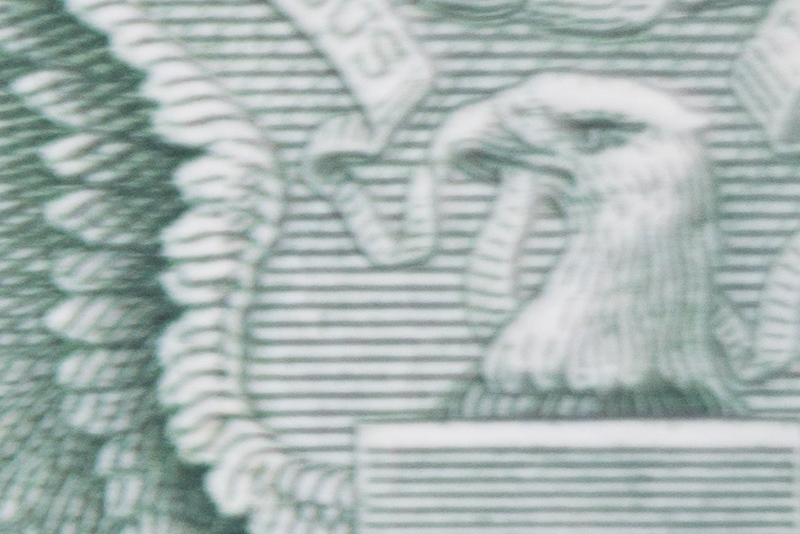
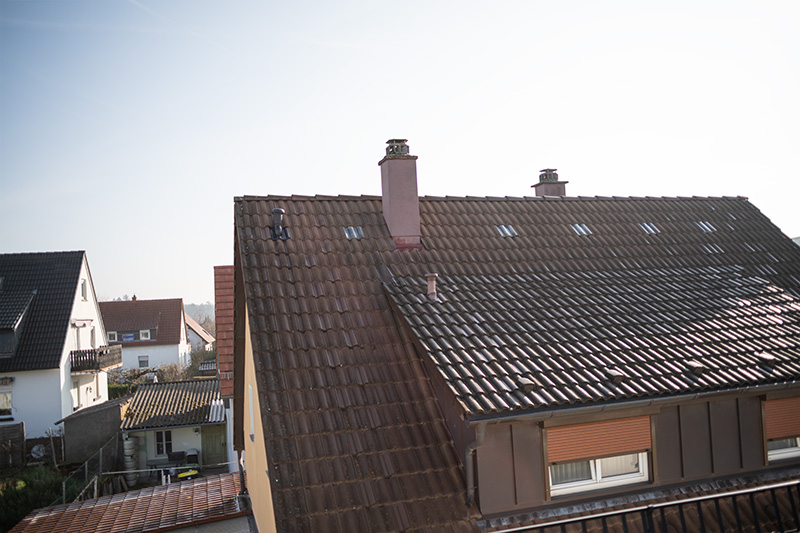
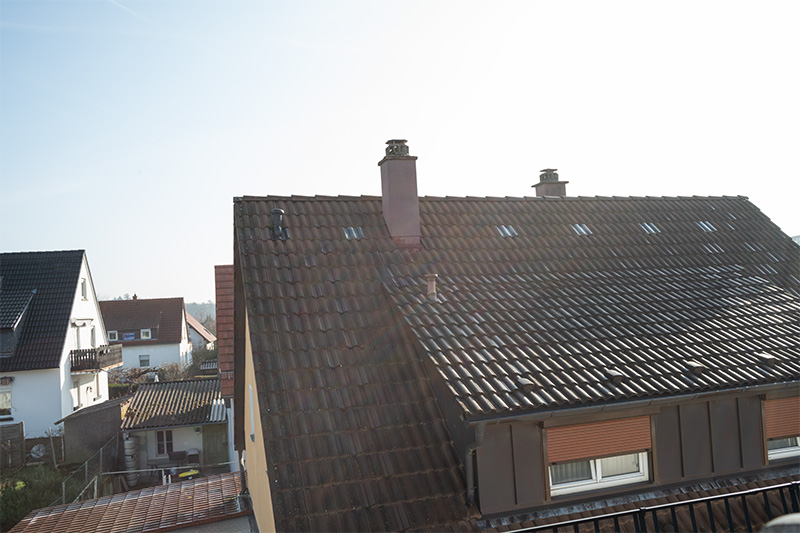
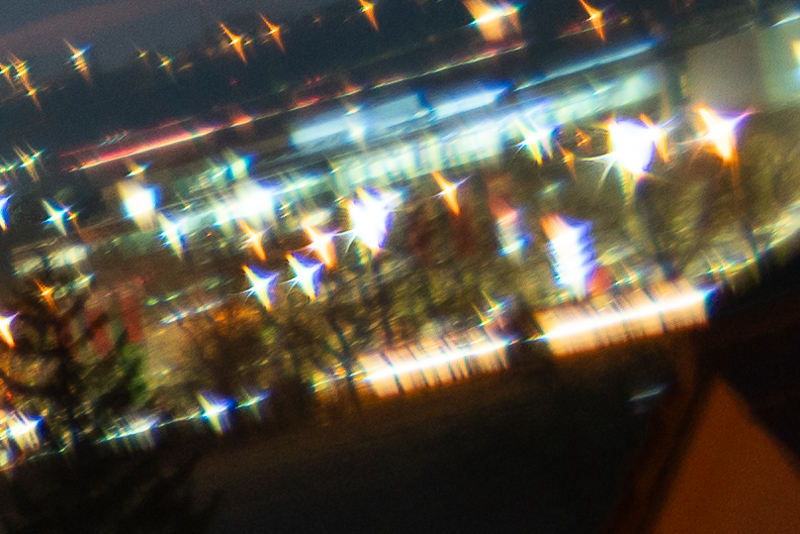
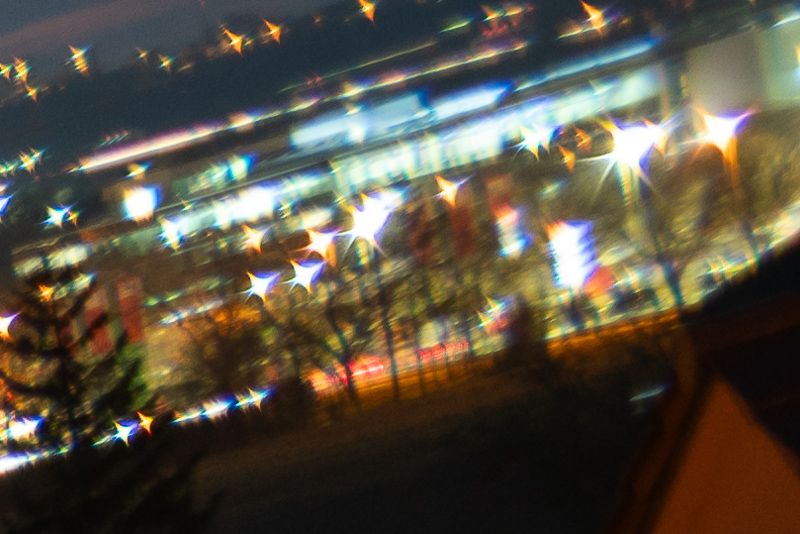
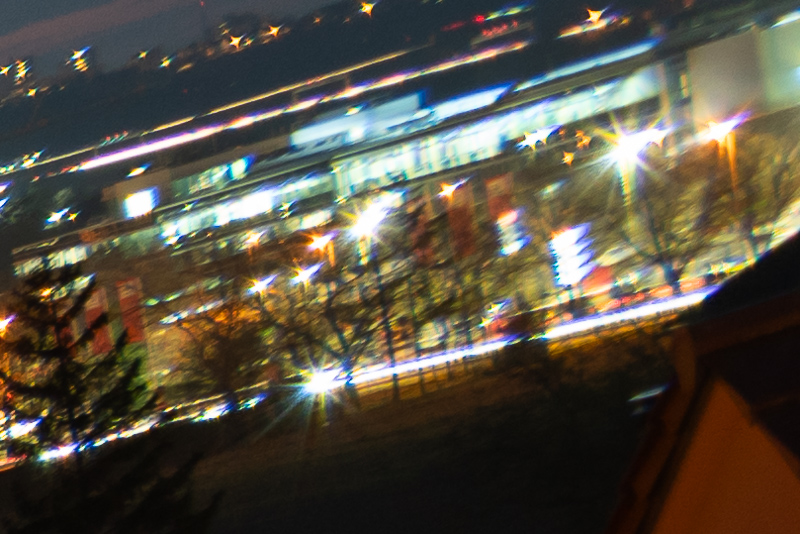
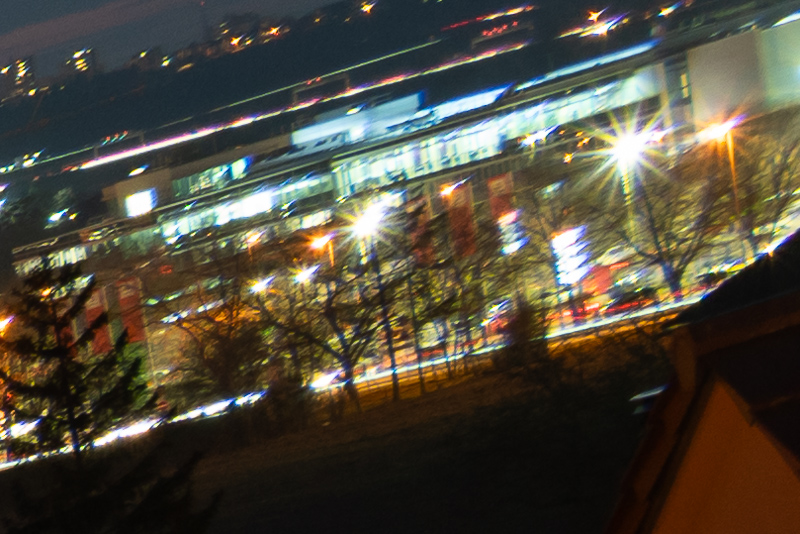

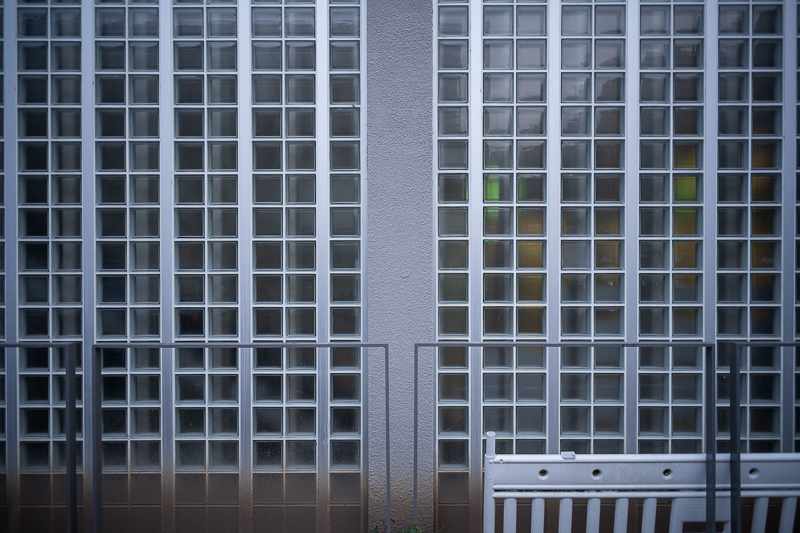
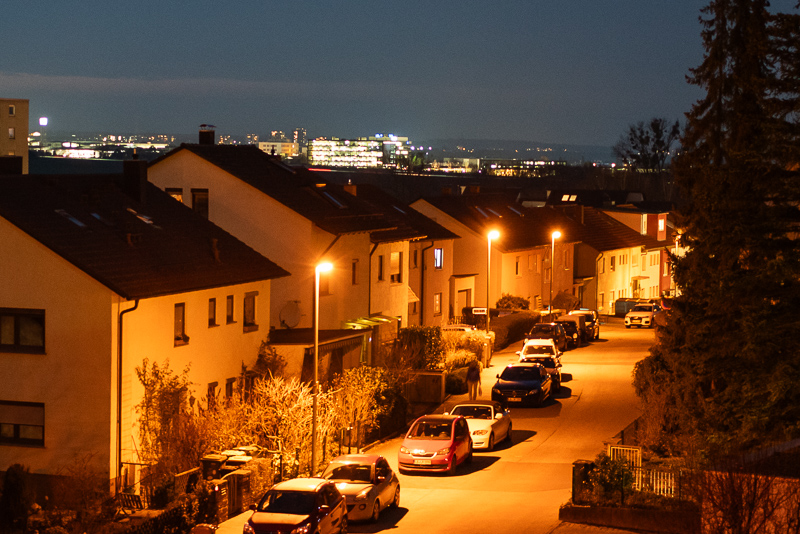
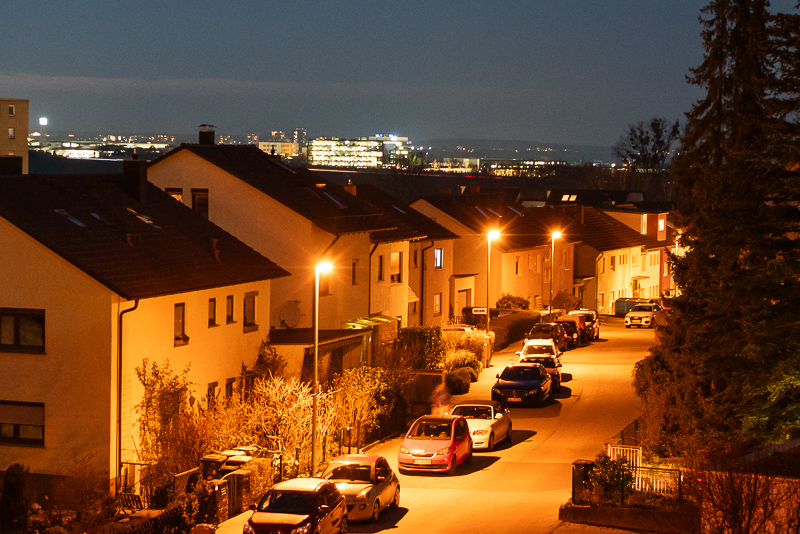
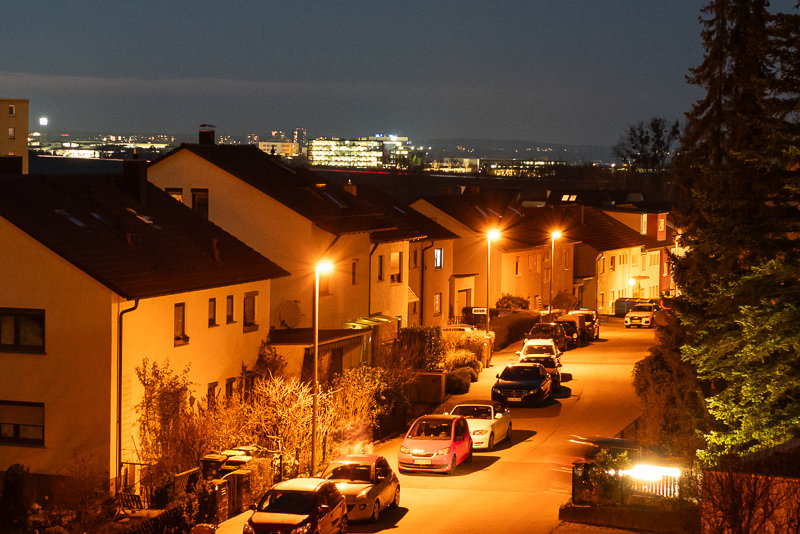
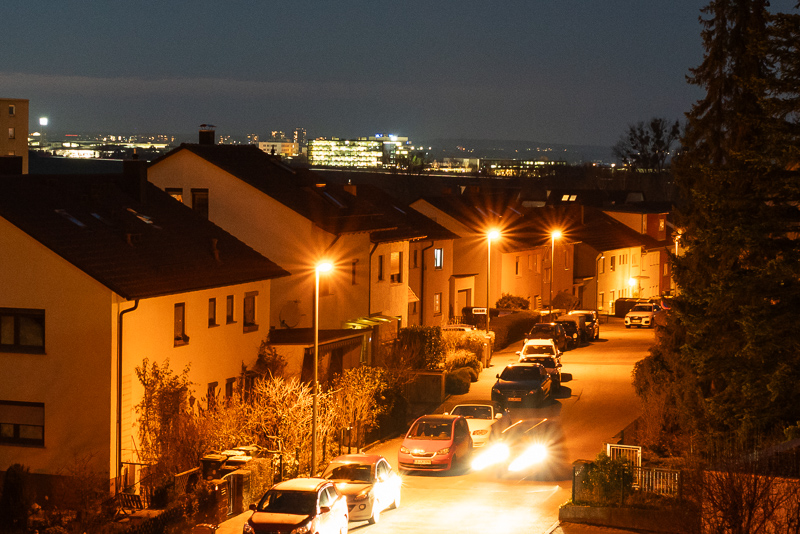
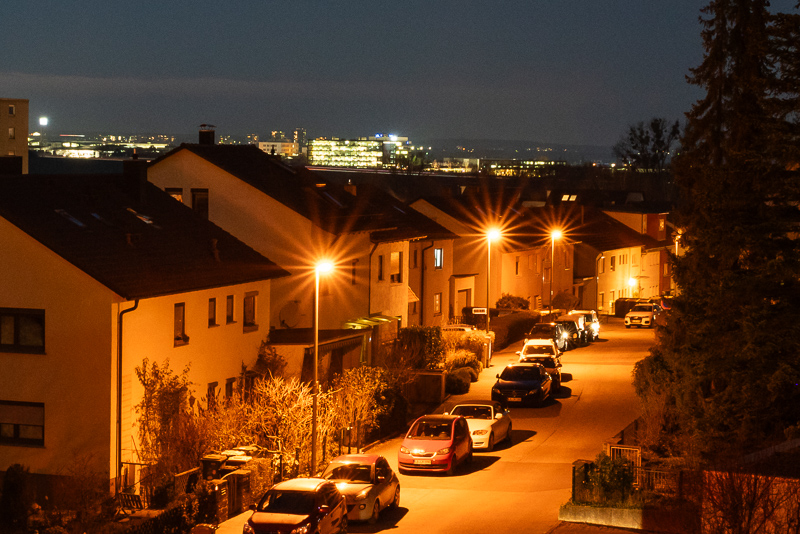
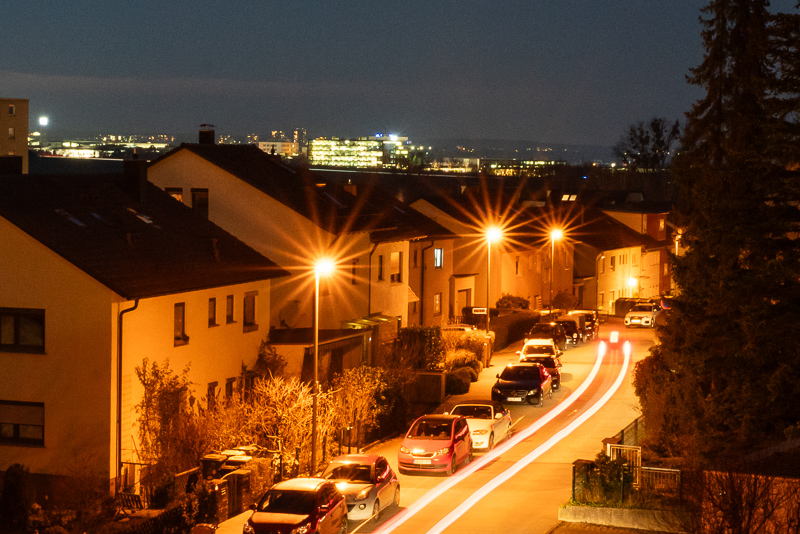
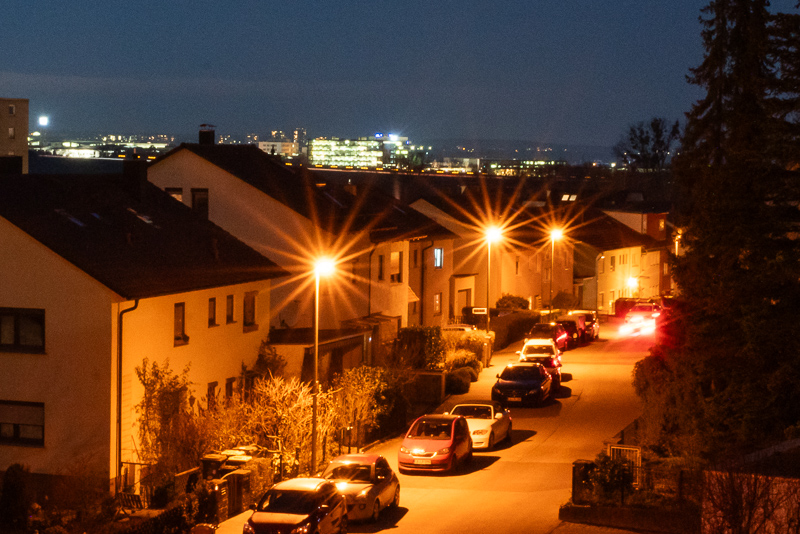
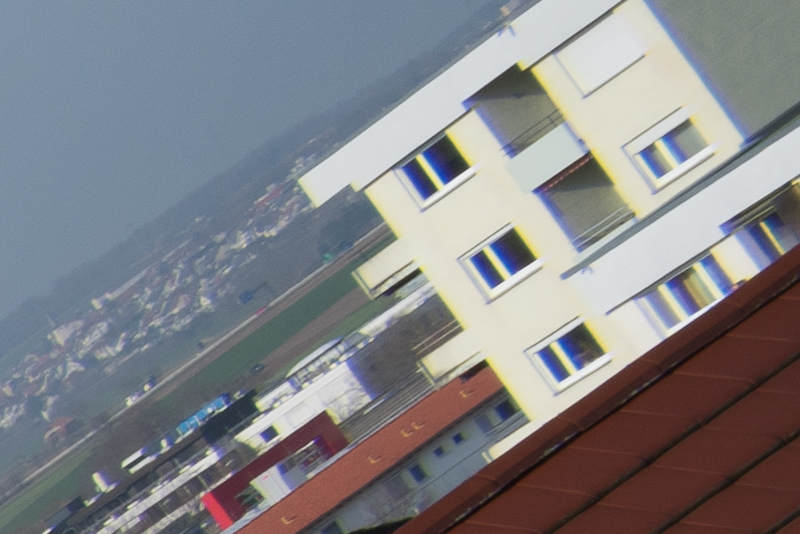
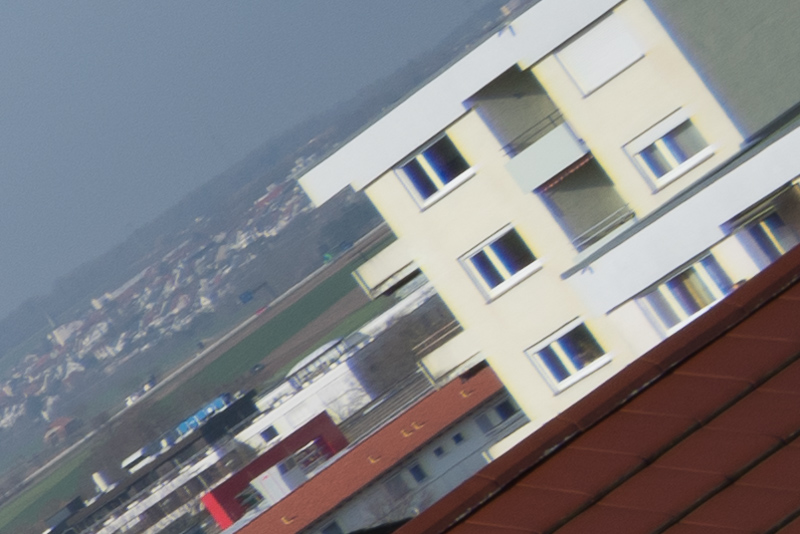
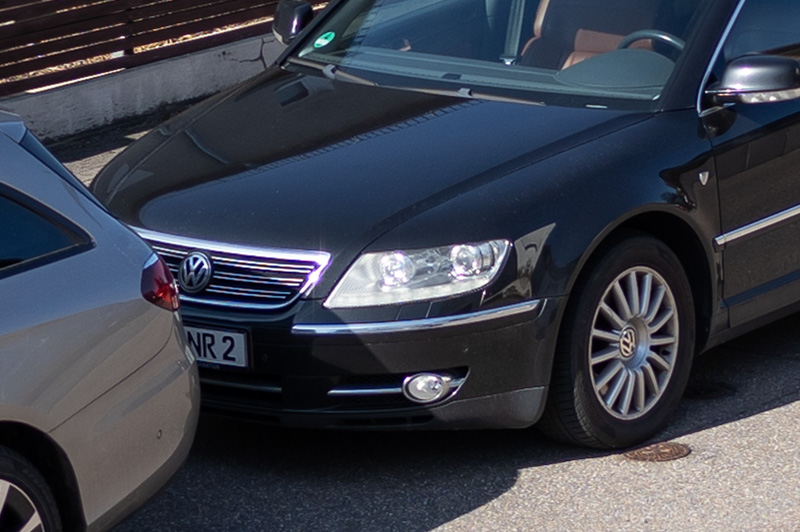
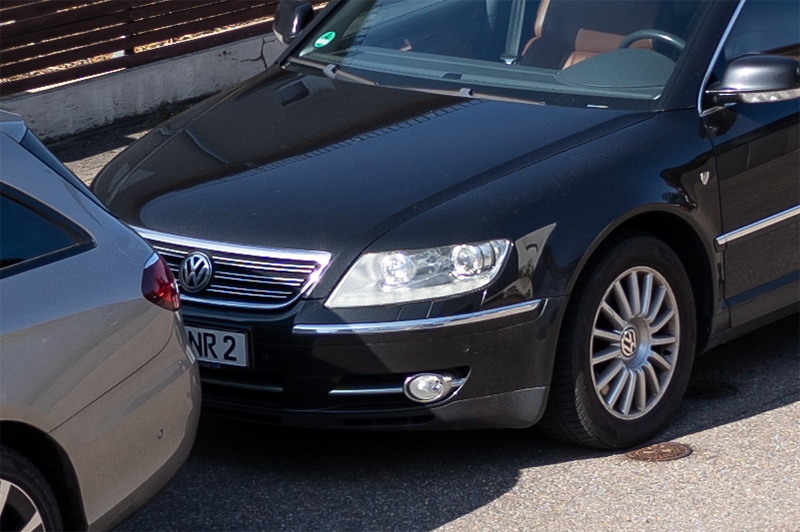
Nikkor 28mm F2.8 AIS could be a vintage alternative. It’s got great close up performance (albeit not this level of magnification) thanks to the floating elements design.
Anyway, really great pics taken with this one!
I really like the colors and contrast of these photos, voigtlander doesn’t disappoint here:)
I believe we owe the beautiful colors primarily to Bastian’s excellent editing. Dear Bastian, I wish you would write a report on this topic and show less LR-savvy people like me a way out of the greenish Sony universe.
I don’t think Sony cameras have any issues with being to green.
The pictures in this article only received minimal editing.
In this picture for example, these are the only alterations made to the colors, the standard “Adobe Color” profile is being used:
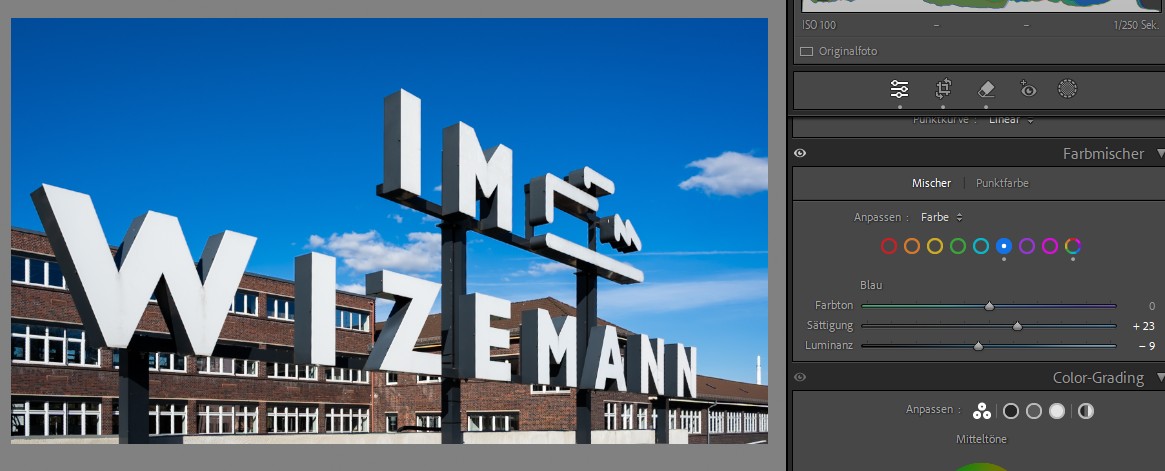
I got the EF version for my EOS film cameras last year and it has quickly become a favorite, it’s wonderfully sharp and contrasty on film and comes in a very compact and lightweight package. The manual focusing is silky smooth, though as noted it doesn’t go quite as close as the newer Nikon version. It’s nearly the same size as the 40mm EF STM pancake. I’ve found it hard to use any of the other EF lenses I own because those two are just so much easier to carry around and actually use.
Thanks for excellent review as always.
Which Nikon F to Sony E adapter do you use? Have you found a good one for manual focus lenses that has electronic contacts, but without needing autofocus?
No that still doesn’t exist.
If you want electronic contacts you can use the Monster LA-FE1.
I was mainly using dumb adapters without electronic contacts here.
Nice review again, once read a comparison between the AIS Nikkor 28mm* and this Voigtlander, it was a close call Voigtlander being a bit better. I used the Nikon between 1994-2014 (sold it and kind of regret it, it had hotspots on IR) . Another nice forgotten lens is the Vivitar 28mm f2.8 close focus 23cm (Komine) 7/7 elements/groups . review here https://www.youtube.com/watch?v=yaUv2l_tEcs
I like to use that lens much in wide open and sometimes tilted close ups. There seems to be a 28 mm f2 version Komine as well. The Kiron version is optically so wild that it gets interesting wide open.
Super cool lens, I’ve had my eyes on it for a while, but even the mark I version is very expensive and its corner performance is a bit disappointing since you cannot really stop it down enough at for perfect performance at infinity. Nonetheless I still might get it someday once im not in grad school (only if global trade still exists, big if).